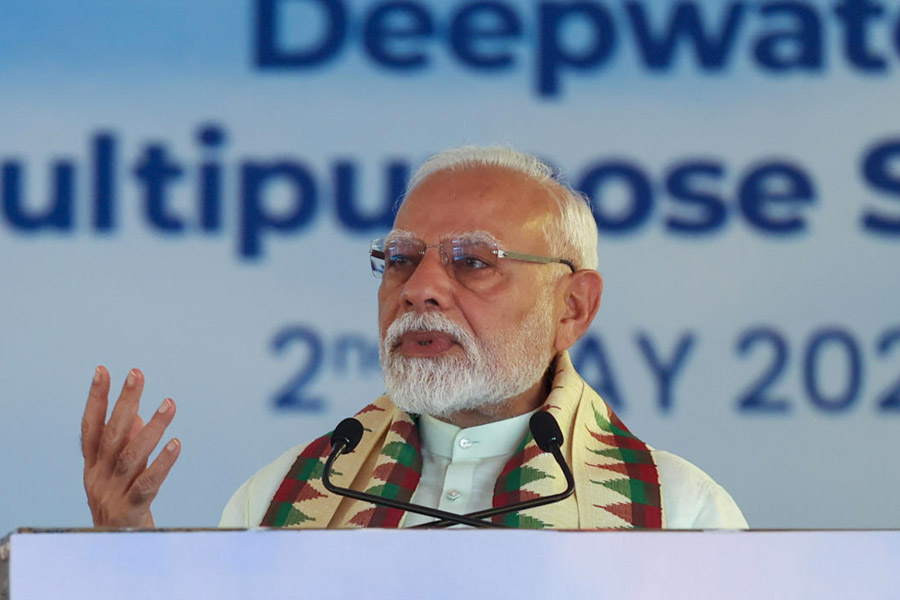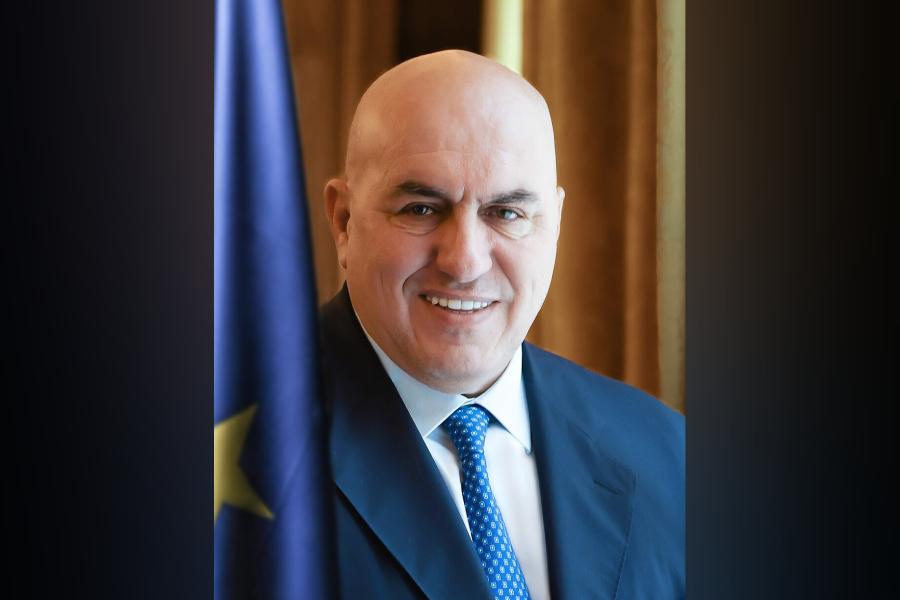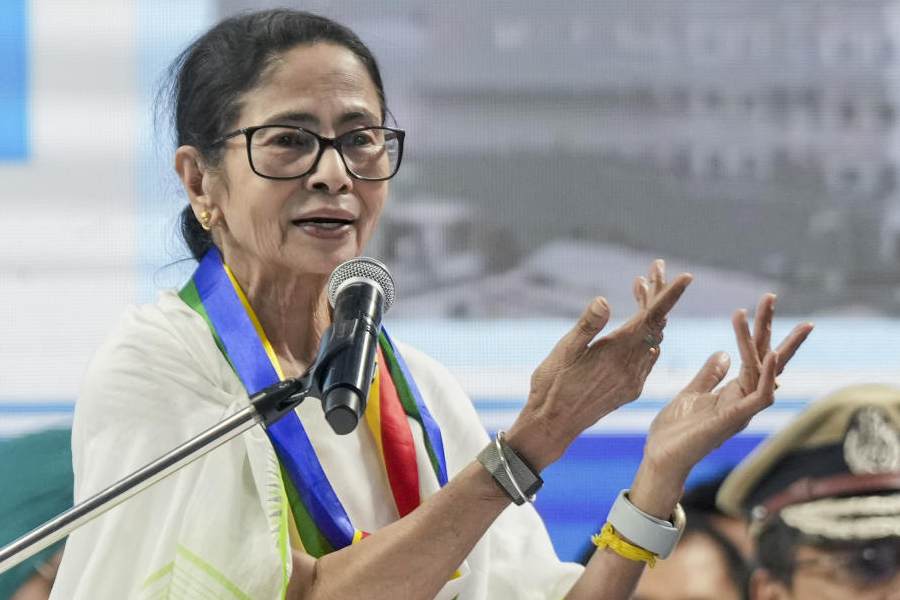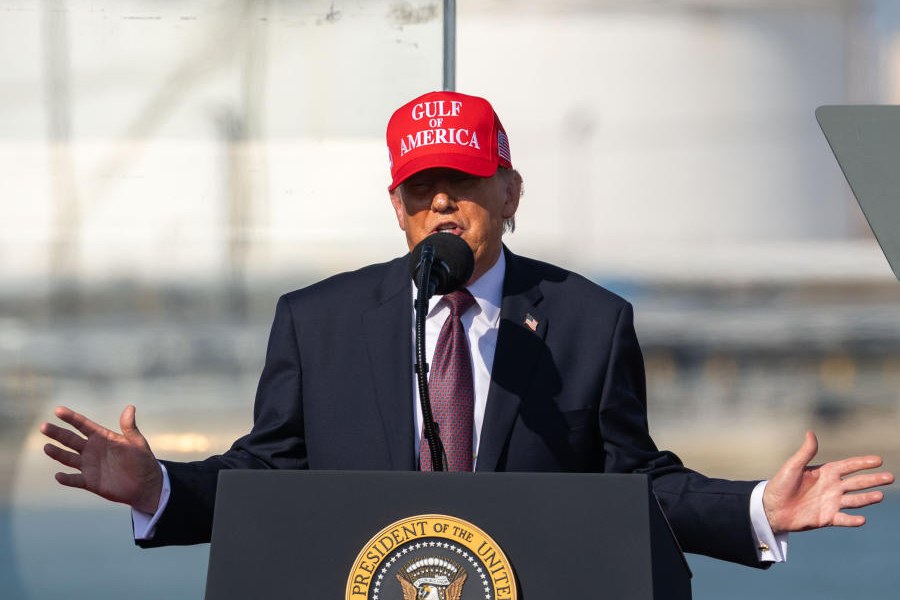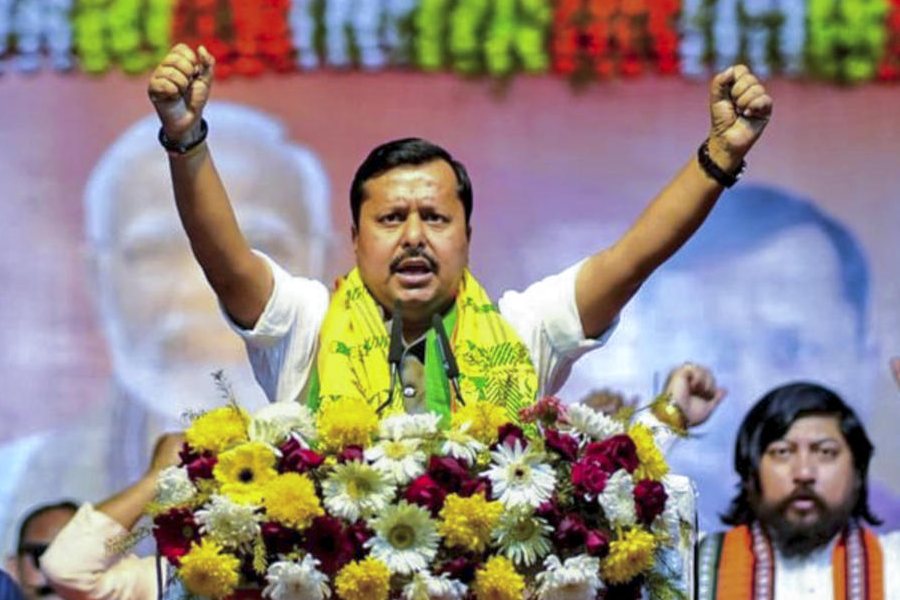While attending the proceedings to inaugurate the Vizhinjam sea port near Thiruvananthapuram in Kerala, the prime minister made a comment that merits attention. Narendra Modi made much of the Kerala port minister identifying the businessman, Gautam Adani, as a “partner” of the latter’s government. The willingness on the part of a member of a communist regime to speak up for a representative of the private sector, Mr Modi underlined, was emblematic of the ambience of New India. Yet, it must be asked whether political decorum has survived the sabre-rattling of competitive politics. This is because at the same event, Mr Modi made it a point to mention that the presence of the Congress’s Shashi Tharoor on the occasion would give “sleepless nights” to many. Had the presence of a politician on an occasion being hosted by someone from a rival party been the norm, rather than an exception, Mr Modi, supposedly an astute observer of trends, would not have made this remark. Evidence, in fact, has been mounting of civility being collateral damage to shrill politics. Recently, in Bengal, after Dilip Ghosh chose to attend the inauguration of a shrine dedicated to the deity, Jagannath, in Digha in the presence of the chief minister and political adversary, Mamata Banerjee, the Bharatiya Janata Party leader had to endure criticism from within his own party for his gesture.
It is not as if Indian politicians are known for not having friends among their purported ‘foes’. Arun Jaitley’s friendships across the political spectrum were well-known. Rajeev Shukla of the Congress is gifted in a similar fashion. These are only two instances, that too from the modern era only. Yet it must be conceded that there has been a discernible erosion in the solidarity and the civility that politicians are expected to demonstrate in public life. Two reasons can be attributed to this decline. First, the rising malaise of politicians switching spots — parties and ideologies — has led to attendant whispers and anxiety whenever netas choose to mingle, albeit socially, with their competitors. Second, a precipitous weakening of India’s federal apparatus, combined with the targeting of the Opposition by a hawkish Centre, has led to
an implosion in civility that should ideally be the glue to bind the political fraternity. The irony of India’s political fraternity lacking in fraternity must not be ignored.

